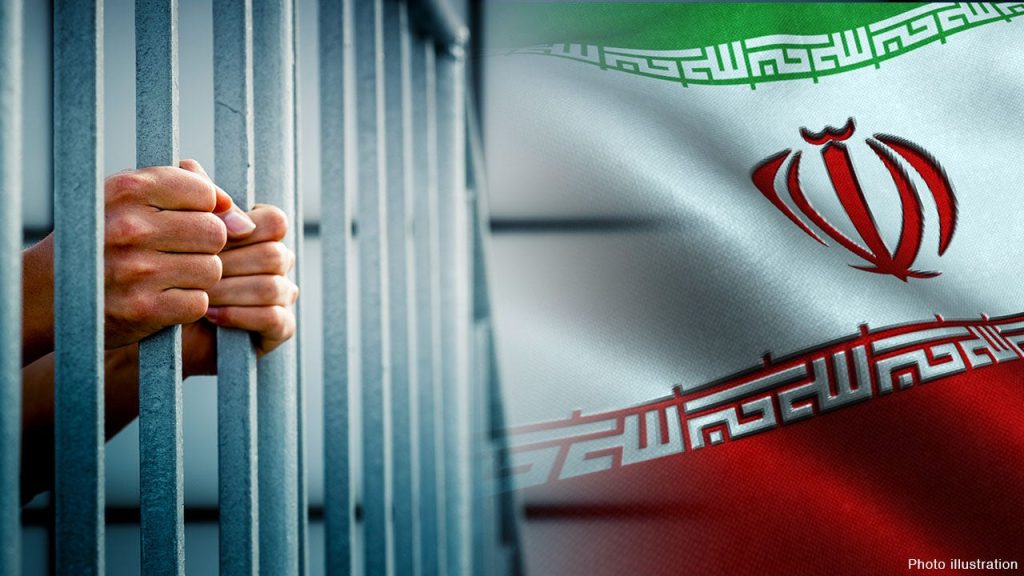The Islamic Republic of Iran carried out over 1,000 executions in 86 prisons throughout the country in 2024, marking an unprecedented figure over the past three decades. The number represents a 16% increase from the previous year, with most executions occurring in the latter half of 2024. President-elect of the National Council of Resistance of Iran (NCRI), Maryam Rajavi, condemned the executions as a desperate attempt by the regime to suppress popular uprising and called for international pressure to end the human rights abuses.
The surge in executions was partly attributed to the regime’s efforts to quell internal unrest following defeats in the region and mounting economic and social crises. Critics argue that the increase in executions, including of political prisoners and non-violent offenders, is a response to the regime’s perceived weakness abroad. The Permanent Mission of the Islamic Republic of Iran to the United Nations declined to comment on the record level of executions, highlighting the lack of accountability and transparency within the regime.
Among those executed by the Iranian regime in 2024 were women, juveniles, Afghan nationals, and ethnic minorities, including Baluchis. The United Nations-mandated Independent International Fact-Finding Mission reported that minorities have been disproportionately impacted by the government’s response to protests, pointing to systemic human rights violations. The execution of journalist Jamshid Sharmahd, a German citizen and U.S. resident, further underscored the regime’s disregard for international norms and fair trial procedures.
One political prisoner, Saeed Masouri, revealed the harrowing conditions inside Iranian prisons, where executions occurred on average every four hours. Masouri described the constant fear and uncertainty faced by prisoners, with innocent individuals being executed nearly every 2.5 hours during the Christmas period. The chilling account sheds light on the widespread human rights abuses and lack of due process prevailing within the Iranian prison system.
Calls for accountability and justice have been echoed by international observers, with demands for an end to executions and torture in Iran. Maryam Rajavi stressed the need for any negotiations with the regime to be contingent on addressing its long history of crimes against humanity. The systematic violation of human rights, including the execution of political prisoners and minorities, has drawn condemnation from human rights organizations and activists worldwide. The Iranian regime’s continued defiance and disregard for international norms further highlight the urgent need for global intervention.
As the world grapples with the escalating human rights abuses in Iran, the international community faces a moral imperative to hold the regime accountable for its actions. The widespread executions, particularly of vulnerable populations and political prisoners, underscore the urgent need for concerted efforts to address the systemic violations of human rights in Iran. The voices of those unjustly persecuted and executed must not be silenced, as the world bears witness to the atrocities committed by the Iranian regime.













